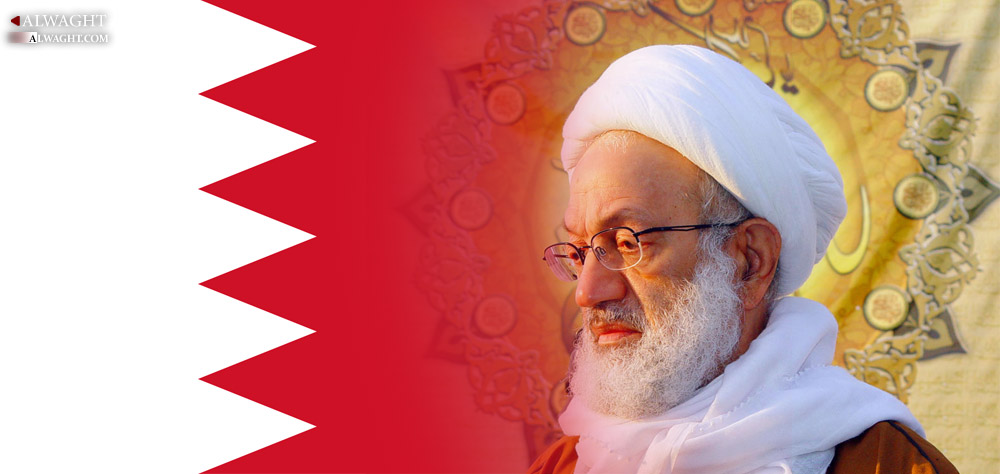Alwaght- Since spark of the popular protests in Bahrain in February 2014, the Al Khalifa regime in Bahrain, with backing from the US and Saudi Arabia, has been using a variety of instruments to counter the protestor's demands that included calls for reforming the present legal structures, particularly the constitution. The Bahraini regime tries to paint the country’s revolutionary developments as a security concern in a bid put forward the need to face the opposition groups.
The major counter-uprising measures by the regime included displaying the developments as a sectarian conflict, censoring the media, linking the peaceful domestic protests to Iran and Lebanon, and most importantly trying the opposition figures in the military courts. A large number of the former lawmakers, top clerics, human rights activists, doctors, civilians, and even women are now serving their terms in prison.
But all of these measures failed to suppress the anti-regime protests and people’s moves to press for government reforms and securing their own rights. This pushed the Bahraini regime to detain and imprison Shaikh Isa Qassim, the spiritual leader of the Bahraini revolution, to strike the backbone of the uprising. Actually getting him away from his supporters could hit the center of the protest movement. But Al Khalifa's uncalculated measure could work like a double-edged sword. Perhaps distancing the leader of the uprising could slow down the developments of uprising, however, the regime failed to predict that this approach could upgrade the peaceful demonstrations to a violent stage.
The domestic and regional feedbacks of detention of the top Shiite cleric appear to have been successful to beware the regime of the unpleasant consequences of this action against the Sheikh Qassim. Although Sheikh Qassim has been in detention for 4 months and the regime set several trial dates for him, it so far did not dare holding trial session for him, and has used any excuse to delay the trial dates. The very latest postponed trial date was November 23.
These delays express very well that the Al Khalifa regime is well aware of popularity of Sheikh Qassim and the repercussions that his trial could bring about, including losing control over the protest movement. Actually, making the protests violent by no means is in favor of the regime and trial of the Shiite leader only fuels more anti-regime rallies and moves. For example, following Sheikh Qassim's arrest and revoking his citizenship, all of the protesting groups from Al-Wefaq movement to Coalition Youth of 14 February Revolution threatened the regime with keeping all the options on the table.
Additionally, the elements of Axis of Resistance in the region including Lebanon’s Hezbollah, Iraq’s Sadrist Movement, Yemen's Ansarullah and, most importantly, Iran have cautioned Al Khalifa regime against possible uncontrollable consequences of any act against spiritual leader of Bahrain's uprising. Perhaps the strong statement of General Qassem Soleimani, the commander of Iran’s Quds Force, that followed stripping Sheikh Isa Qassim of his citizenship was the most important threat against Al Khalifa. The statement read that any violent act against the top Shiite cleric will be an onset of armed resistance by the Bahraini revolutionaries.
The Al Khalifa regime tested all of its options including use of its soft and hard instruments and even received support from Saudi military forces, however, it failed to put down the protests. So, it detained the leader of uprising and now wants to try him to make the revolution devoid of a head and so derail it from its main course. However the regime delayed the trial sessions as it began to face widened range of demonstrations and even threats of armed violence. It appears that the trial session will not be held and at the end of the road the regime will be forced to release Sheikh Isa Qassim as it feels the domestic and regional pressures. The significant point is that Al Khalifa is the final loser of its uncalculated measures because any trial of the spiritual leader of the revolution will open the gate for violent measures by the opposition. On the other side, his release will mean defeat of the regime and will work as a beginning for even a larger wave of revolution.



























